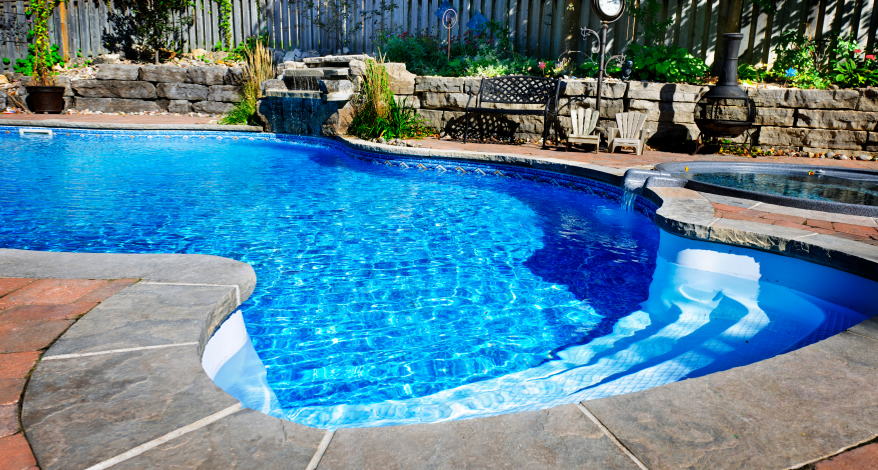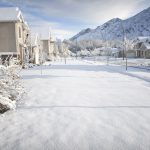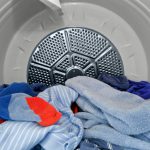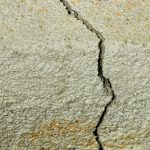When you own a pool, you take on a lot of responsibility. While most people only consider the liability risks of owning a pool, the responsibility you undertake extends much further; because as a pool owner, you have an added responsibility during times of drought. Here is your guide to understanding your responsibilities as a pool owner so that you can contribute to your local conservation efforts.
The difference between average water use, and the water used to fill a pool
Homeowners, even those who are not fortunate enough to own a pool, use quite a bit of water every year. In fact, statistics show that the average family of 4 will use an average of 20,000 gallons of water annually for bathing, showering, cooking, washing dishes and washing clothes. This average does not include homes with pools, and considering the fact that an average pool holds 15,000 gallons of water, it is fair to assume that consumption will go up substantially when you own your very own private oasis. While many people assume that pool owners use more water, this is not necessarily the case. While a pool must be filled, it stores water rather than using it. Instead of going down the drain, the water that fills a pool is stored, filtered, recycled, and available for emergency use.
Conservation tips when you own a pool
You may have never realized that your pool is like your very own little personal reservoir in your backyard. Not only is pool water drinkable because it is sanitized, it is also a precious resource to fire departments and emergency personnel during a drought. To ensure you are a good pool owner and steward of such a precious resource, keep these tips in mind to conserve your pool water:
- During cool months, be sure to drain the water that has settled on your pool cover. This prevents water loss due to evaporation and also prevents nasty parasites from accumulating around the stagnant water.
- Remove your pool cover right before the April showers to fill your pool naturally. By doing this, you can reduce your reliance on the public water supply during times of drought.
- Evaporation is the main reason why you are forced to add water to your pool. You can cut evaporation of water by as much as 95% by investing in a solar blanket. This also helps keep the water cool when you want to take a late night swim.
- Take care of any leaks. If you notice even a tiny leak, remember that the source is leaking 24 hours a day, 7 days a week. A small drip may not seem major, but this translates into a loss of gallons of water each and every day.
- When heating your pool, make sure never to heat the pool to temperatures above 80 degrees. First of all, you do not want to swim in a sauna. Second, you will lose water to evaporation when your heater is set too high.
You can conserve thousands of gallons every year by practicing these conservation tips. Enjoy your pool, conserve, and save money in the process. If everyone contributes to the effort, millions of gallons can be saved throughout the country.
In order to protect your pool and yourself from serious maintenance issues and their costs, American Home Shield has plans that can extend to cover your pool.
Post Author: andyc.




